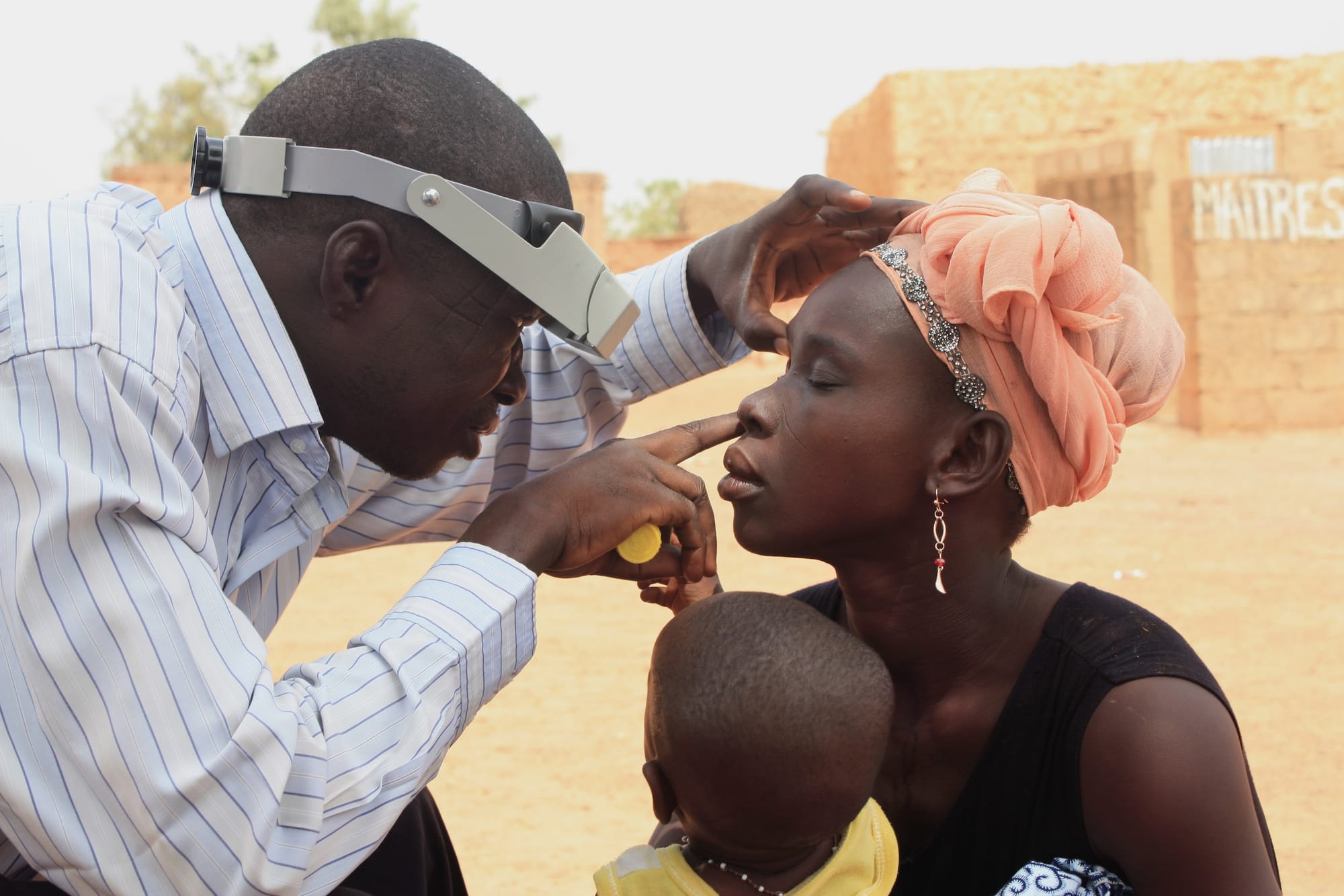Empowering African Patients: How CDSA Society Offers Hope and Resources for Chronic Illness Manageme

Empowering African Patients: How CDSA Society Offers Hope and Resources for Chronic Illness Management
Chronic diseases are a major health challenge across Africa, where access to essential healthcare services can be limited. The Chronic Disease Support Africa (CDSA) Society has stepped up as a beacon of hope, providing necessary support and resources to individuals suffering from long-term health conditions. This article highlights the pivotal ways in which the CDSA Society is empowering African patients and improving their quality of life through innovative and sustainable methods.
1. Education and Awareness Campaigns
The CDSA Society prioritizes raising awareness and educating the public about chronic diseases. By organizing workshops, seminars, and awareness campaigns, they aim to remove the stigma often associated with chronic illnesses and enlighten the community about symptoms, risk factors, and preventative measures. This empowerment through knowledge helps patients take charge of their health and encourages them to seek timely medical assistance.
2. Strengthening Healthcare Infrastructure
In many African countries, the healthcare infrastructure is not equipped to handle the long-term management of chronic diseases. CDSA Society assists by providing medical equipment, training healthcare professionals, and upgrading facilities to better accommodate the needs of chronic disease patients. Such improvements ensure that ongoing care is both accessible and of a higher standard.
3. Advocating for Better Policies
The organization actively engages with policymakers to advocate for better health policies that support chronic disease management. By pushing for insurance reforms, access to affordable medication, and better service delivery, the CDSA Society works towards a systemic change that benefits all patients dealing with chronic conditions.
4. Mobile Health Clinics
Understanding the challenges of geographical barriers, the CDSA Society has pioneered mobile health clinics that travel to remote areas. These clinics provide essential health screenings, medications, and consultations. By bringing healthcare services to patients’ doorsteps, these mobile clinics ensure that chronic disease management is continuous and consistent.
5. Telemedicine Services
Through the implementation of telemedicine, patients are able to consult with doctors via the internet. This technology has proven particularly effective in offering continuous support and care, minimizing the need for frequent hospital visits which can be costly and logistically challenging for many patients.
6. Support Groups and Peer Counseling
The CDSA Society has established support groups where patients can share experiences and coping strategies. Peer counseling sessions hosted by these groups provide social and emotional support, which is crucial in managing the psychological aspects of chronic illnesses.
7. Training and Employment Programs
Empowerment includes financial independence. Recognizing this, the CDSA Society has initiated training programs that equip patients with skills to gain employment or start their own micro-enterprises. This approach not only improves their economic status but also enhances their self-esteem and overall wellbeing.
8. Nutritional Guidance and Support
Proper nutrition is vital in the management of chronic diseases. The CDSA Society offers nutritional assessments, guidance, and plans tailored to the individual needs of patients. By educating patients on how to manage their diet, they help in controlling symptoms and potentially reducing the severity of diseases.
9. Research and Data Collection
Advancement in chronic disease management relies heavily on research and accurate data collection. CDSA Society collaborates with research institutions and utilizes data to improve their programs and advocate for more targeted health strategies at both local and national levels.
10. Emergency Financial Assistance
For many patients, the cost of ongoing treatment can be overwhelming. The CDSA Society provides emergency financial assistance to cover the cost of medications, treatments, and hospital visits, alleviating financial stress and ensuring that patients do not abandon essential treatment due to cost constraints.
Conclusion
The Chronic Disease Support Africa Society is playing a crucial role in transforming the lives of many African patients by offering comprehensive support and resources for managing chronic illnesses. With each initiative, they are breaking barriers and building a stronger, healthier future for Africa. The continued success of CDSA Society’s programs not only serves the immediate needs of patients but also sets a benchmark for chronic disease management that can inspire similar endeavours across the continent and beyond.